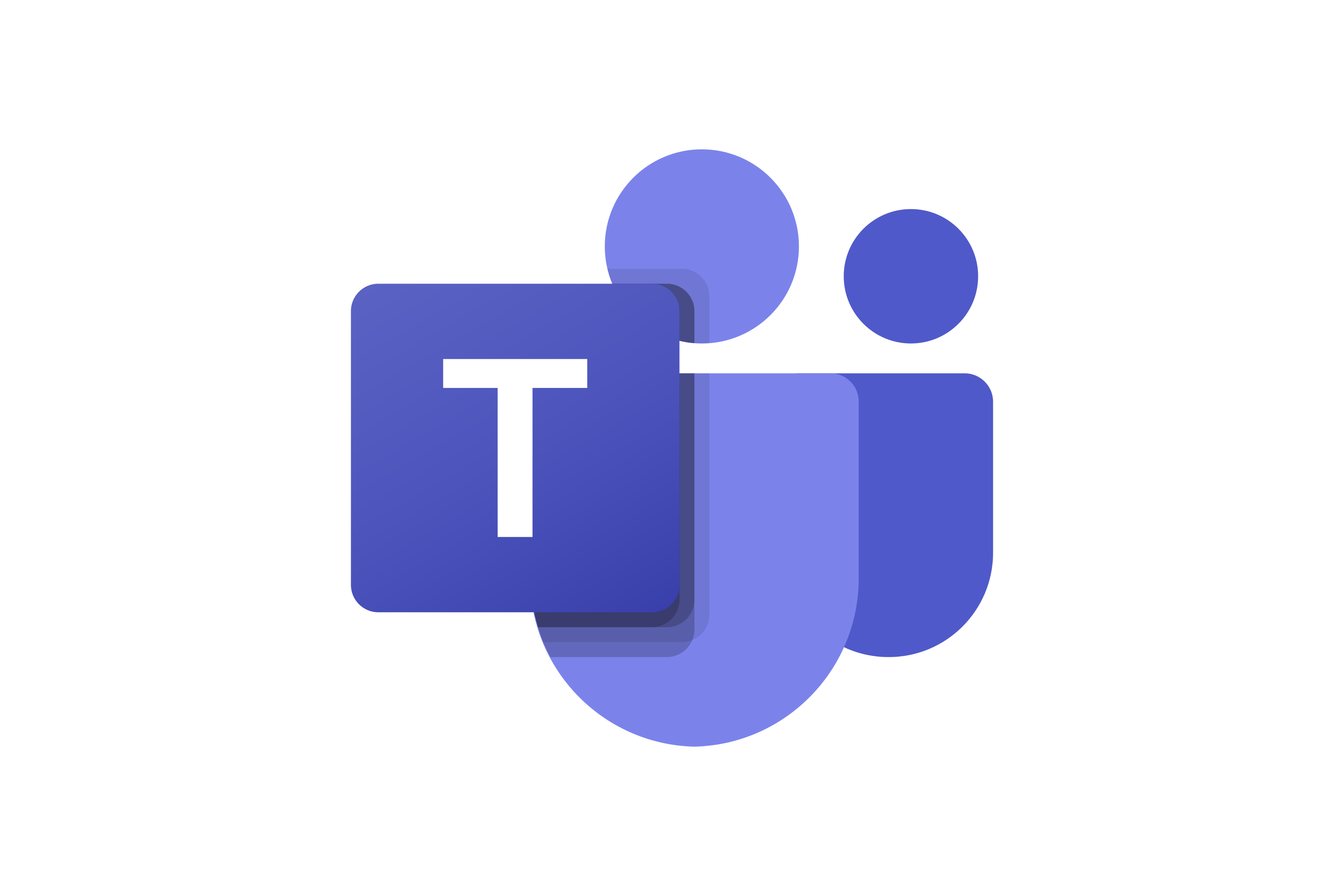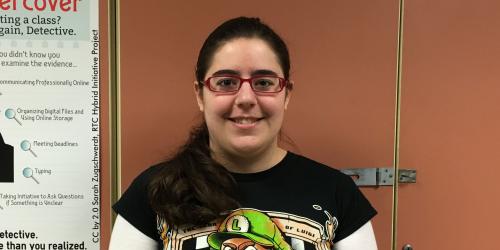Admission Requirements
Admission into the BAS program is selective. Meeting the minimum entrance requirements does not guarantee admission nor do they prepare students for the entirety of the program. Students are admitted on a first-come, first-served basis with priority given to full-time students.
- Applicants who have a general AA degree or a non-technology AA/AAS degree will be required to attend an informal interview with program faculty prior to admission into the program. Please apply to the program, and we will follow up with you to schedule that interview. Based on your IT background and experience, you may need to complete 2 quarters of a Bridge program in Computer Science to prepare for the Application Development program:
- Computer Science Bridge to Application Development BAS
- Quarter 1:
- CSI 120 Computer Programming I
- CSI 140 Web Development I
- Quarter 2:
- CSI 142 Web Development II
- CSI 224 Programming III
- CSI 230 Database Development I
- A minimum cumulative 2.0 GPA across all college coursework.
- Completion of at least 20 credits of college-level General Education coursework with a minimum 2.0 GPA in English Composition (ENGL&101) or equivalent.
- Completion of Intermediate Algebra (MATH 095) or AMATH 190 or equivalent.
- Personal statement – Applicants are required to write a 500-word maximum personal statement that describes how the BAS program will advance their professional goals. Example topics include previous career experience, unique attributes that the applicant will bring to the program, hardships the applicant has overcome in pursuing his/her educational or work goals, and other special considerations that the applicant believes will make them a good candidate for the program. The essay should be typewritten and in a legible font size.
Admission Recommendations and Notes
- Students will be better prepared for the BAS in Application Development if they also complete classes in data structures and algorithms and web development.
- Students who have completed the minimum 20 credits of general education will have 40 more credits to finish during the BAS program.
- This may mean summer classes or heavier class loads during a regular quarter.
- Students are expected to regularly work in teams and communicate with each other on projects.
- The BAS in Application Development is a hybrid program.
- Students meet with the instructor once or twice per week in person, while the rest of the coursework is completed online.
- In a hybrid program, students are expected to be self-directed, independent learners.
Learn More
Want to learn more about the BAS program? Have a question about the application process?
Contact our Program Manager:
Email: BAS@rtc.edu
Phone: 425-235-6733
 Quick question? Chat with the Program Manager on Microsoft Teams.
Quick question? Chat with the Program Manager on Microsoft Teams.
Join a Virtual Information Session
These sessions will provide information about our Bachelors of Applied Science (BAS) programs in Application Development and Computer Network Engineering. Each session will include a brief presentation about the programs and a dedicated time for questions and answers. After registering, you will receive a confirmation email with a link you can use to join the session. All prospective students are welcome to attend.
Do you have a question about the information sessions or the BAS programs? Please contact the Program Manager.
Session dates/times:
- April 17, 5:30 p.m. – 6:15 p.m.
Register here.



 Quick question?
Quick question?